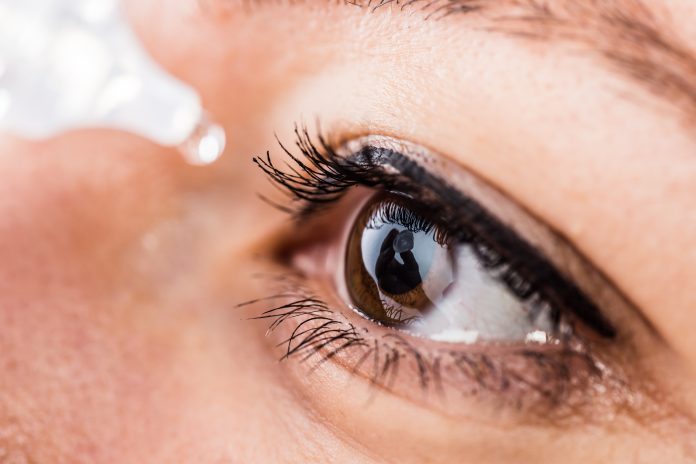‘Covid eyes’ syndrome is one of the biggest health issues to come out of the pandemic aside from weight gain and mental health issues according to Brendan Howell, Director of Arborvitae Health and Wellbeing.
“Covid eyes is a term that relates to the strain the extra screen time has placed on people’s eyes during the pandemic.
“Different sources suggest that screen time has increased during the pandemic by as much as 40 per cent on average,” says Mr Howell.
“This means that people have been using their screens for a lot more time each day and this has impacted the health of their eyes.
“The most common problems include dry eyes, myopia, eye fatigue and blurred or fluctuating (momentarily) vision.
“People may not realise it, but our eyes are the most complex organs after the brain. Nighty per cent of the information processed by our brain comes through the eyes so it is important that we take care of them.
“Many people also think that failing eyesight is an inevitable part of aging or eye strain. In reality, a healthy lifestyle and proactive management can significantly reduce the risk of eye health problems.”
Mr Howell has put together some tips to help people maintain and improve eye health.
Take a break
“It sounds simple, but it is very important to give the eyes a break from the screen,” says Mr Howell.
“Monitor your screen time and try and reduce the amount of time you spend in front of the screen, whether it be a lapHi httop, phone or tablet. Use techniques such as the 20-20-20 rule. Every 20 minutes, look at something 20 feet away for 20 seconds.”
Manage your time
“Most of us use screen time for working, socialising and entertainment. Unfortunately, many people have become so glued to their screens during Covid that they don’t even leave to eat or take phone calls,” says Mr Howell.
“It is important to set some boundaries with your screen time. Ensure you don’t eat in front of your screen or take phone calls. Moving away will give your eyes a much-needed break from the blue light that is emitted from the screen.”
Focus on lifestyle
“Movement is good for our whole body including our eyes. Exercise increases the flow of blood to the optic nerve and the retina resulting in improved overall eye health and vision. This is especially so for people with glaucoma. Vision problems and eye disease also stem from issues such as high blood pressure and high cholesterol,” says Mr Howell.
Improve your diet
“Some foods are definitely good for eye health such as fish, nuts, legumes, citrus fruits and green leafy vegetables. Opt for foods rich in omega-3 fatty acids,” he adds.
“Some studies have found that fish oil can reverse dry eye, including dry eye caused by spending too much time in front of a screen. Citrus fruits are rich in vitamin C. Just like vitamin E, vitamin C is an antioxidant that is known to fight age-related eye damage.”
Consider supplements
“While it is important to eat a balanced diet and include foods that are rich in omega-3 fatty acids, it is not always possible to get all the nutrients we need,” says Mr Howell.
“Where possible, complement your diet with supplements to support eye health. Look for products that contain Pycnogenol, the French Maritime Pine Bark extract. Pycnogenol strengthens retinal capillaries to help control leakage of fluids and blood into the retina. Furthermore, Pycnogenol improves the endothelial function of retinal microvessels which supports better blood micro-circulation in the retina. Pycnogenol antioxidant benefits have also been found in studies to protect the retinal lipids more potently than vitamin C, vitamin E, CoQ10, lipoic acid and grape seed extract.”








